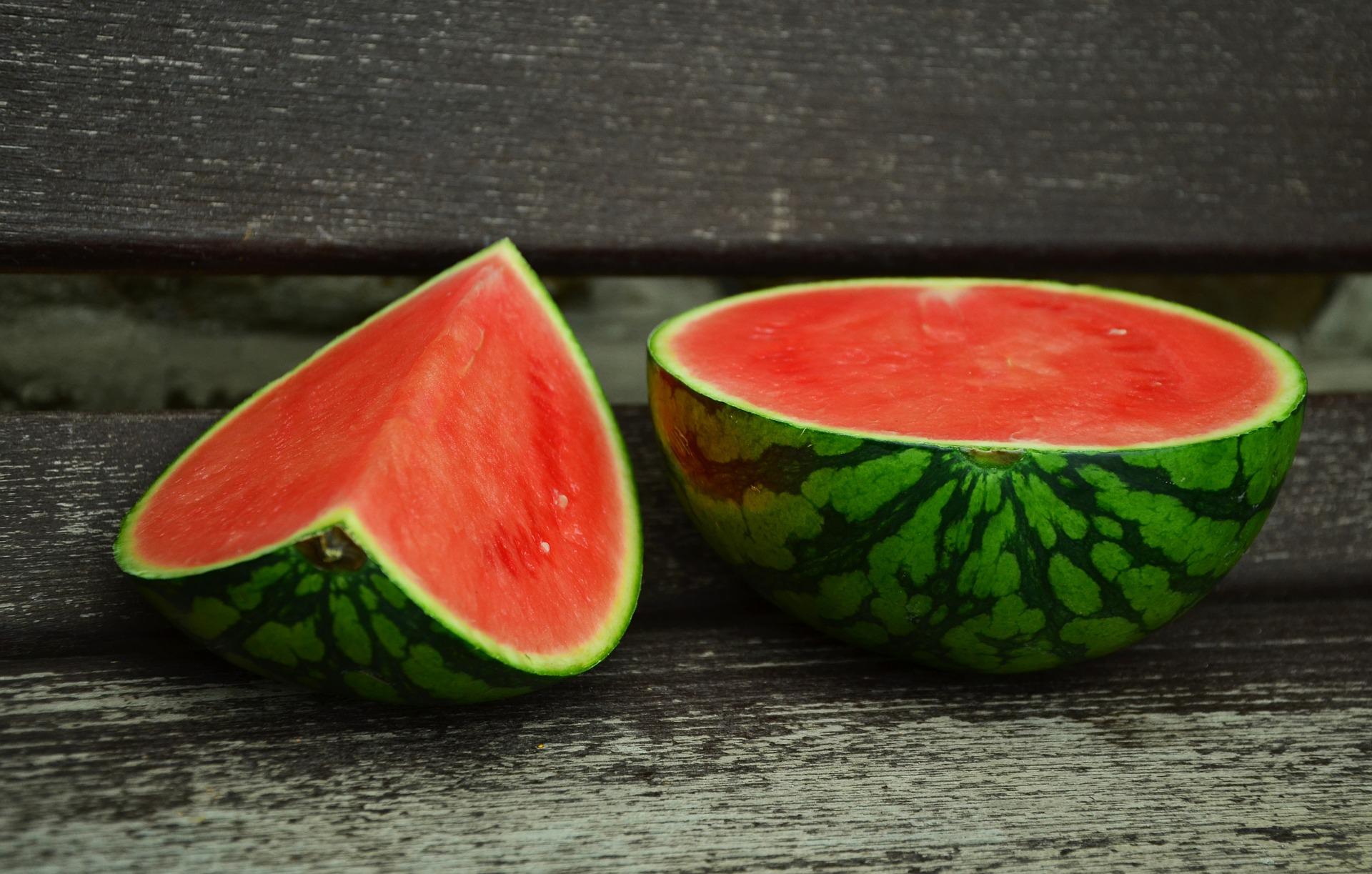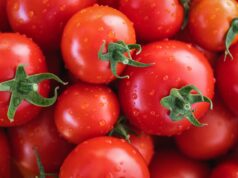
Watermelon is a representative fruit that comes to mind when thinking of fruit in summer. This fruit is popular for its cool and sweet taste. Recently, many people enjoy drinking watermelon juice as well. Today we are going to learn about watermelon that is good for quenching thirst on a sweaty summer day. It is known as a fruit that is very good for quenching thirst due to its high moisture content. Today we’ll take a closer look at what other benefits and side effects are outside of hydration.
Watermelon belongs to the Cucurbitaceae family and the fruit is edible. It is native to the dry grasslands of tropical and subtropical South Africa, and today, it is cultivated year-round. Watermelons are sweet and succulent, with red, white and yellow flesh, seedless, and weight varying from 1 to 2 kg to 20 kg. Watermelon is mainly produced from July to August, but recently, watermelons can be eaten even in March as a facility watermelon. Watermelon is more than 90% water, but it is also a fruit rich in vitamins A, B group, C, calcium, potassium, iron, minerals, amino acids, and carbohydrates.
1. Skin Beauty
Watermelon contains antioxidants such as beta-carotene and lycopene, which help prevent aging of the skin. In addition, abundant vitamin B and glucose supply moisture to the skin, and especially the skin contains many ingredients that have a whitening effect by blocking UV rays, so it is better to use it as a pack.
2. Improve cardiovascular disease
Linolenic acid, which is abundant in watermelon seeds, is an unsaturated fatty acid that lowers cholesterol levels in the blood. In addition, it is rich in potassium, which is effective in discharging waste products, which relaxes blood vessels and facilitates blood circulation, which is effective in cardiovascular diseases such as high blood pressure, diabetes, arteriosclerosis, and myocardial infarction.
3. Diet
Watermelon is very low at 31kcal per 100g. In addition, it is rich in water and dietary fiber, so you can feel full even with a small amount of intake. It is also a good food for improving constipation by promoting bowel movement smoothly.
4. Diuretic
Watermelon has a lot of water, and the amino acid citroline, which is contained in the peel, helps to excrete ammonia and toxic compounds from the body, which helps in urine excretion. It is effective in relieving.
5. Anticancer action
The red flesh of watermelon contains an antioxidant called lycopene. Antioxidants remove free radicals in the body to prevent cell aging and mutation, thereby preventing the formation and metastasis of cancer cells.
6. Stamina
Watermelon’s inner skin is rich in B vitamins and arginine. This ingredient is effective in enhancing male stamina, and it helps the body to absorb protein better and prevents muscle cramps during exercise, so it is one of the best foods to eat during exercise.
7. Hangover Relief
Watermelon is also a good fruit for the liver. It is watery and contains ingredients such as arginine and citurolline. This ingredient helps the liver to produce enzymes to decompose and detoxify alcohol, making it a good hangover food.
Watermelon is also rich in vitamin C and antioxidants, which help boost immunity. It is good for recovering from fatigue and has the effect of preventing respiratory diseases such as colds, flu, and phlegm. Watermelon seed is good for stomatitis as it has a soothing effect on inflammation, and it is also good for preventing parasites in children because it has an anthelmintic action.
There are many types of watermelon such as mini watermelon, apple watermelon, mango watermelon, etc. Watermelons that are mainly eaten are delicious with bright stripes and shiny, and the smaller the watermelon navel, the sweeter and riper the watermelon. If the watermelon is not cut, it can be stored at room temperature. This watermelon is mainly consumed as a raw fruit or mainly used as watermelon juice or watermelon vegetables. When drinking as a juice, it is nutritionally better to grind it with the seeds. Other than that, you can cut kkakdugi, pickled radish, or shredded watermelon skins and put them in salads.
Watermelon side effects
Watermelon is a fruit with cold properties. If you consume too much or eat a large amount at once, it may cause side effects such as diarrhea or abdominal pain. Because watermelon is a watermelon food, it is recommended to avoid eating it for 30 minutes before and after a meal. If consumed before or after a meal, it may interfere with digestion and absorption by promoting the secretion of gastric juice.
Watermelon is a fruit with a lot of sugar, so it is recommended for diabetics to eat 4 slices a day. In addition, watermelon, which has a lot of potassium and is a diuretic, is not recommended for people with kidney problems. There are more nutrients and benefits than you think. Not only the flesh of the watermelon, but also the seeds and skin of the watermelon, there is nothing to throw away. I like to drink juice the most, and I hope you can overcome the heat by eating watermelon on a hot day according to each individual’s taste.

































